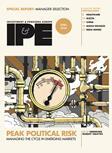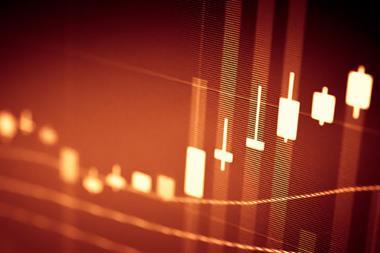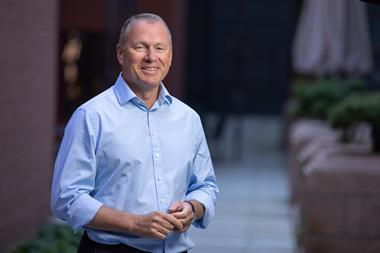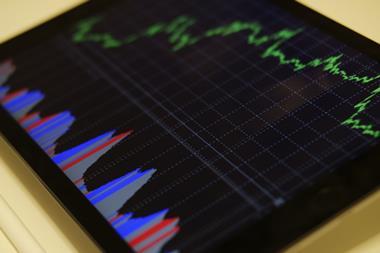Ironically, any view of equities in Euroland over the next six months is going to be overshadowed by the US markets. As concern turns from lack of growth to too much growth, both across the Atlantic and globally, worries about inflation and interest rates are set to be revisited.
Mark Tinker, head of European strategy at Warburg Dillon Read, feels that US policy is the single most important issue likely to affect European equities until the end of the year, but also warns about the worries of “pre-millennium tension”. “All markets worry about growth, and at the moment all eyes are on the US markets. This brings with it worries about whether inflation really has been slain. While we try to figure out what is happening over there, equities in Euroland will shadow Wall Street. Of course, this does not accurately reflect the value of these stocks, but rather what people are prepared to pay for them,” he says.
Tim Harris, analyst at JP Morgan in London partly agrees, but feels that there may be some escape from the linkage. “Wall Street is a very aggressively priced market, and obviously we are closely monitoring the economic figures. There is some earnings momentum, which should turn positive, and significantly strong liquidity in the retail market in the US which is not present in Europe.”
Harris believes European equities to be attractively priced and predicts that they will outperform US equities through the next quarter.
But Tinker refers back to worries about a boom. “At the beginning of the year prices across Europe were artificially depressed. The last quarter has seen most sectors price out that doom and gloom, but now the worry is about a boom. Growth, in the mind-set of the traders, means the risk of inflation. This means a bond sell-off, and the real risk that equities will be dragged down with them. However, we look at the growth figures in say Germany and France, the real concern is the US.”
In Vienna, Monica Rosen, head of research at BAAB, is also concerned about what will happen to the Dow. “At the moment we are relatively overweight in European eq-uities, and as we feel there is a correction coming in the US –paradoxically perhaps we will be strengthening our position there. The reason for this is that we feel the US will always outperform Europe in a correction,” she says. Rosen recognises, however, that there has been under-performance across Europe generally, and if the fundamentals stay unchanged there is an outside chance that Europe could come out relatively unscathed.
“We also see the possible correction as a buying opportunity, of course, and there are certain stocks which everyone has steered clear of which are probably going to be undervalued,” she adds.
James Barty at Deutsche, meanwhile, thinks there are some specifics which can be gleaned from the first half of the year. “Basically we are going through a pause in sector rotation following the first half of the year. This is partly because some of the defensive stocks have moved up to more reasonable prices. Utilities, for example, which were the subject of some bottom fishing are better priced now. On the other hand pharmaceuticals could be the next sector to attract similar attention. On the other hand we see telecoms as overpriced and vulnerable.”
Barty sees the key decision as being whether investors want to go overweight cyclicals. As world growth gathers momentum, he predicts they will. “What that means for the markets is that the overall level is likely to be undermined. We have had a figure of minus 5% for European equities for the year for some time, and we see no reason to change that view,” he concludes.
The final word on year growth goes to Tinker with his millennium theory. “There is a re-emergence of concerns about the millennium, and particularly trade bunching. If we assume no settlement is going to take place in December, then we will telescope six months trading into five, providing a theoretical 16% increase in the market. This is bound to worry people who have concerns about growth, and so one can assume the last quarter is going to be even more nervous than usual.” Kevin Hall












No comments yet